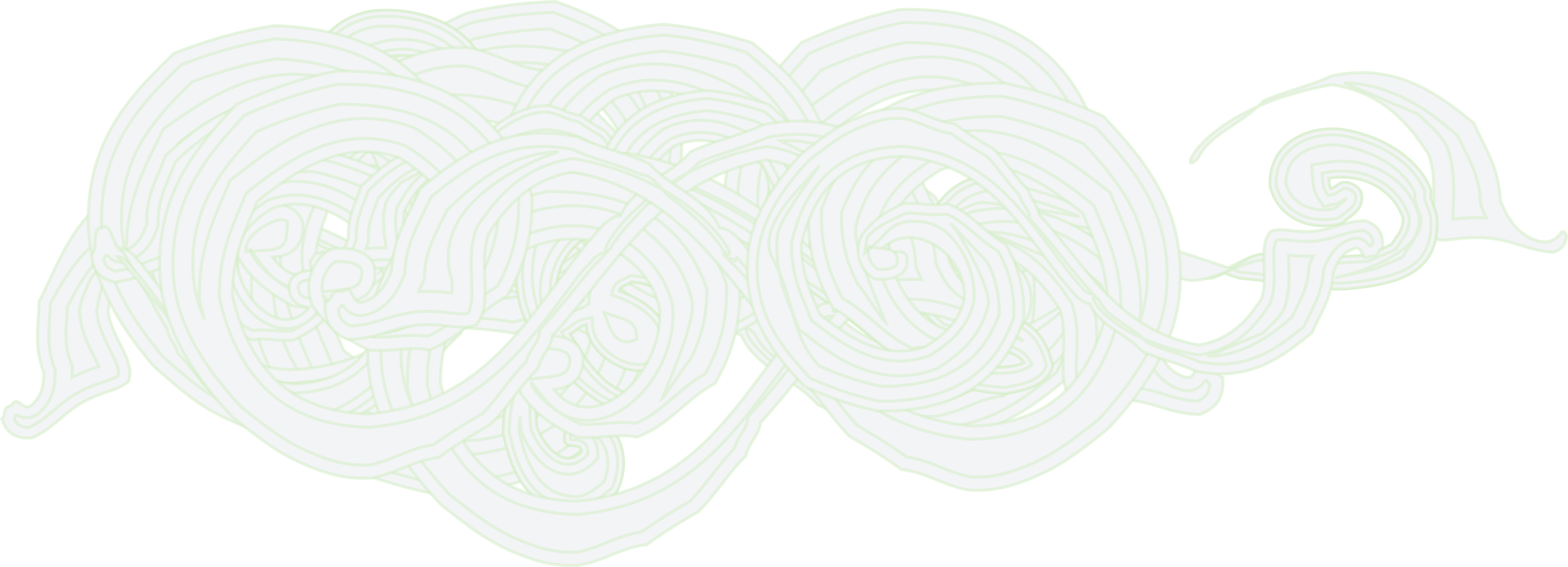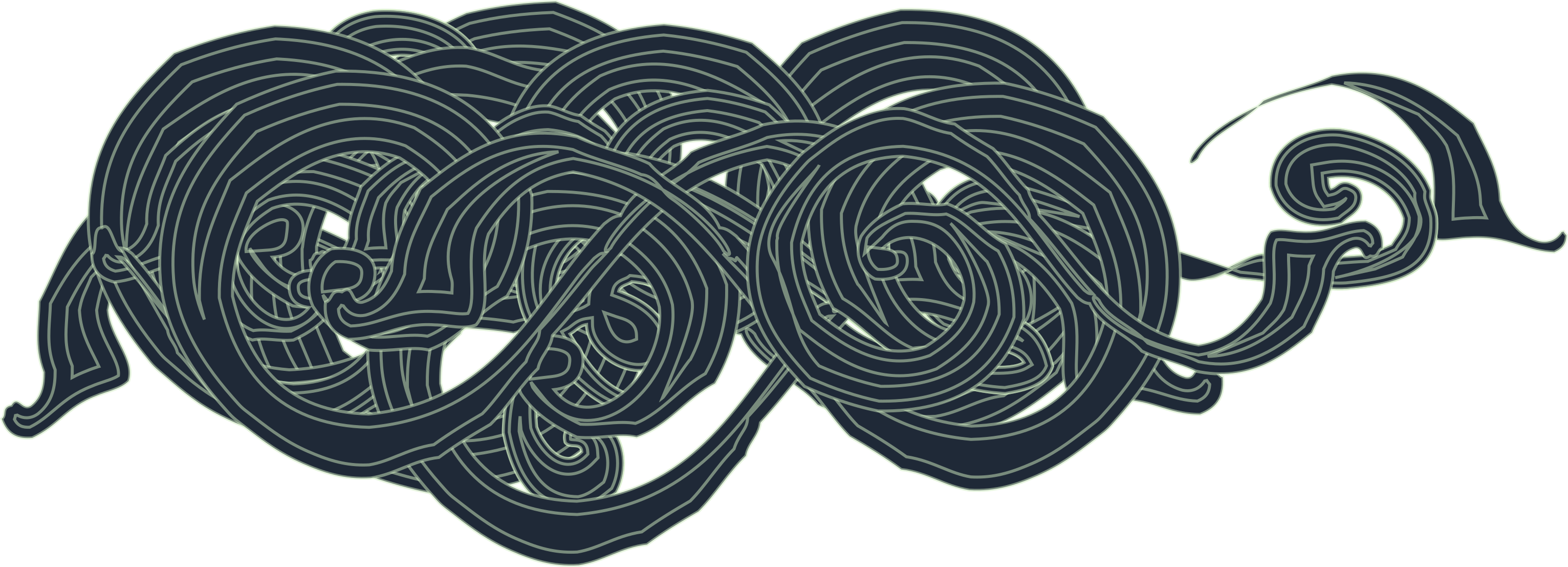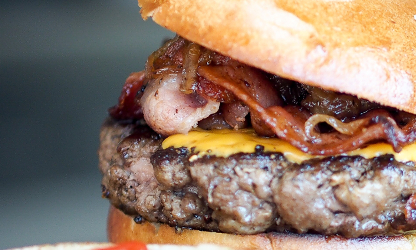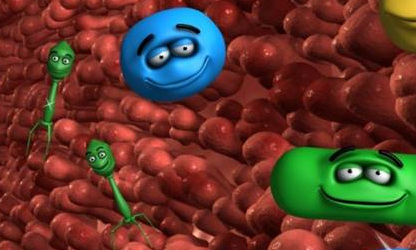

Baltimore company seeking FDA approval for viral substance to kill the bacteria on produce, raw meat
BY DELTHIA RICKS
delthia.ricks@newsday.com
April 23, 2007
A small Baltimore biotech company next month will seek U.S. regulatory approval of a spray composed of bacteria-killing viruses that will destroy E. coli on raw hamburger and fresh produce.
The bacterial strain - referred to as O157:H7 - caused two
major waves of foodborne illnesses last year. Contaminated
spinach sickened 199 people nationwide and killed three in
an outbreak that began in September and ran for more than a
month. In December, an outbreak linked to contaminated
lettuce served at Taco Bell restaurants caused 99
infections, most of them on Long Island and elsewhere along
the Eastern Seaboard.
Spraying meat and produce during processing could lead to a
dramatic decline in illnesses caused by E. coli O157:H7,
said John Vazzana, president and chief executive of
Intralytix, the company developing the spray.
E. coli O157:H7 is a bovine strain discovered in the early
1980s after its genes merged with the Shigella bacterium.
The emergent E. coli had a new toxin-producing feature that
sometimes proves deadly.
Vazzana said the viruses, which are called bacteriophages,
or phages, are E. coli's natural predator. Phages pose no
harm to humans, he said, and in tests have been very
effective in eliminating E. coli on a wide range of foods.
"We have tested the product on red meat and on fruits and
vegetables, mostly broccoli and spinach," Vazzana said in an
interview Friday. "We have very good efficacy data in
controlled studies."
Vazzana's company was the first in the nation last year to
receive Food and Drug Administration approval for another
viral spray. Also made of phages, that spray was designed to
kill listeria and is aimed at producers of cold cuts.
Listeria is potentially lethal for pregnant women and anyone
with suppressed immunity.
David Spector, director of research at Cold Spring Harbor
Laboratory, said phages are viruses that infect only
bacteria. "You can think of it as a parasite that multiplies
inside of bacteria," Spector said. Once inside a bacterial
cell, a phage commandeers the organism's genes and proceeds
to make hundreds of new phages, destroying the bacterium in
the process.
Spector added that Cold Spring Harbor was once abuzz with
activity in phage research but has not been involved in it
for 40 years. Alfred Hershey won the 1969 Nobel Prize for
his work at the lab on phage genetics.
"The truth is that phages are the most ubiquitous organisms
on the planet," Vazzana said. "In a milliliter of unpolluted
water there are about 200 million phages."
He added that his company's anti-E. coli spray would not
affect so-called good strains of E. coli in the human
digestive tract because the phages in his product are highly
specific to O157:H7.
As unsavory as viral sprays for food might seem, there could
be reason to welcome their presence. The Centers for Disease
Control and Prevention announced earlier this month that
little progress has been made against the prevalence of E.
coli O157:H7 in recent years. The agency estimates that
there are 76 million cases of foodborne illnesses in the
United States annually caused by a range of pathogens. About
325,000 people are hospitalized and 5,000 die.
"Using them for food products is a very good idea," William
Jacobs, a microbiology professor at Albert Einstein College
of Medicine in the Bronx, said of phages. "The reality is
we're surrounded by phages whether we like it or not."
Isolated for the first time in 1917 by French biologists,
phages have a storied past. As early as 1920, French
researchers reported limited success in treating infections
by exploiting phages' ability to infect and destroy
bacteria.






